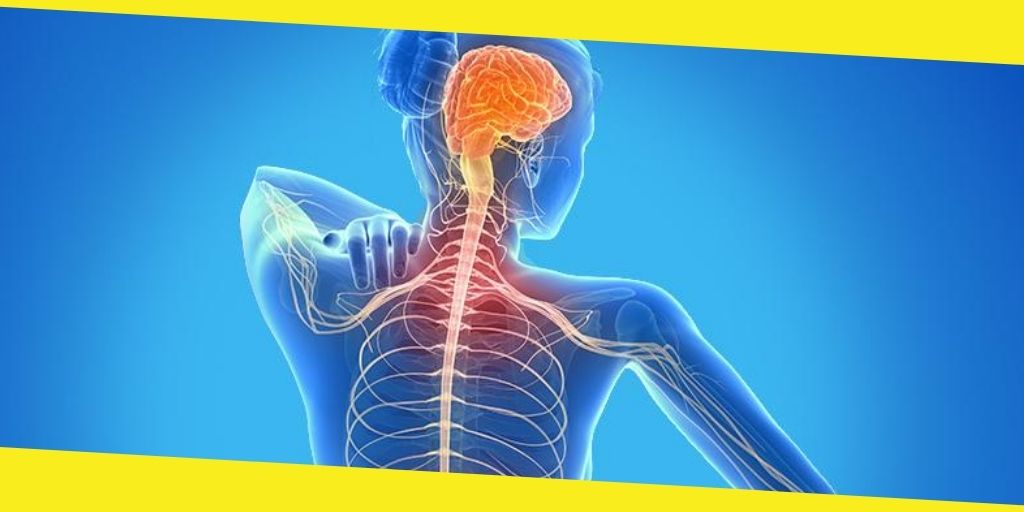
If you’re one of the many Australians diagnosed with multiple sclerosis every year, it’s important to know that while you may seem alone, it is very much not the case – it can be hard managing the initial stages of MS, but there are many things you can consider to make the process much simpler to manage. With this in mind, being prepared for a lot of the issues you will inevitably face can help significantly, so in this article we detail what those recently diagnosed with multiple sclerosis should expect.
Understanding MS basics
If you’ve been newly diagnosed with MS, the first thing you should keep in mind is that everyone experience the disease in different ways. Although you may know people with MS already, what you go through will not necessarily mirror their experiences, and vice versa. Because of this, having a broad understanding of what you can expect can still help, and the best place to start is with the symptoms related to multiple sclerosis. Symptoms can be highly varied, but common examples of symptoms will most often include things like numbness or weakness, fatigue, tingling, pain, dizziness bladder and bowel issues and tremors, although symptoms can include a variety of other issues. The flaring up of these symptoms will also depend entirely on the person and the diagnosis – most people with MS are initially diagnosed with relapsing-remitting MS (RRMS), which involves full or partial recovery between attacks. Not everyone will experience this, though, as those with progressive MS (PPMS) will instead experience a gradual progression of the disease. Regardless of what kind of MS you have, though, medications can help to reduce the incidence of attacks.
Treatment of your MS
MS can be managed to an extent with an effective treatment plan, and one of these will quickly be organised for you by your general practitioner soon after your diagnosis. This treatment plan is instrumental in helping you regain some control in the wake of your diagnosis and help you get back on track with your regular schedule. your treatment plan will often involve you regularly taking prescribed medication, engage with helpful therapies designed to reduce and minimise symptoms and regularly take part in rehabilitations programs designed to help reinforce your independence. Depending on how you’re faring with your diagnosis, it might also be valuable to see a professional who can support your emotional needs as well, which might be very important due to the development of anxiety or depression. Finally, it is also important that you live a very healthy lifestyle to ensure that you are physically fit and well. This will mean regular exercise and consumption of nutritious foods.
Taking care of yourself after the diagnosis
Although the diagnosis of multiple sclerosis may make things seem hopeless, this couldn’t be further from the truth – by engaging with a set of beneficial routines designed to keep you physically and emotionally fit and well, managing MS doesn’t have to be as hard as you think. If you need support or have questions, always look to your doctor as they will be able to provide you with a lot of comprehensive answers. It’s also helpful to join a group consisting of people with MS, as knowing other people’s strengths can help a great deal in helping you manage your health diagnosis.